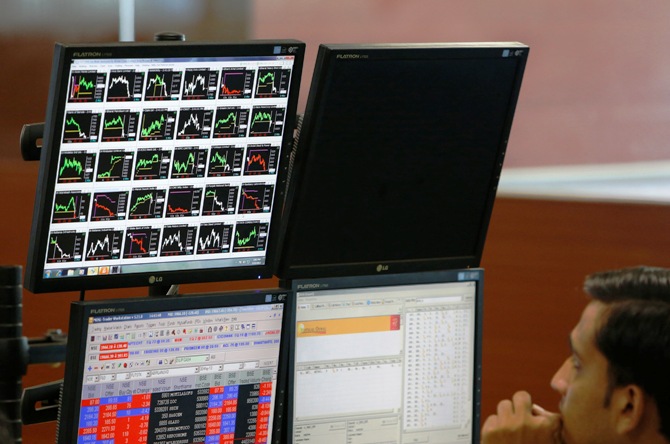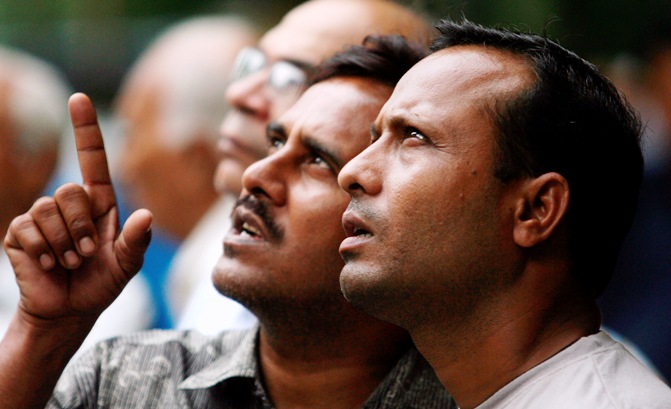
The Securities and Exchange Board of India is considering convertible securities as an option to protect investors from downside risks in initial public offerings, after negative feedback from market players on implementation of the safety net.
On Monday, Sebi Chairman U K Sinha said the board’s regulatory committee on primary markets was considering whether ‘convertibles’ could be introduced as an alternative to the safety net.
A convertible debenture blends the features of debt and equity into a single security.
Typically, these instruments have a fixed coupon rate paid to the holder, with an option of conversion into equity at the conversion price fixed during the issuance.
. . .

“Predominately, the response we have received is against a safety net.
One alternative the primary market advisory committee is debating is allowing corporates to issue convertibles -- they issue convertibles and after a certain time, these have to be converted into equity, or it is treated as a debt instrument,” Sinha said on the sidelines of a conference jointly organised by Sebi and BaFin, Germany’s financial regulatory authority.
Sinha, however, didn’t provide the details of the proposal.
Experts said convertible equity would be a good option to protect small investors and help restore their confidence in the stock market.
“Retail investors can be issued convertibles instead of equity shares at the time of an IPO. In case the company performs poorly after listing, the investor may not exercise the option to convert it into equity and redeem at maturity,” said B Madhuprasad, chairman, Keynote Corporate Services, an investment banking firm.
. . .

He added retail investors would have to be provided clarity on the instrument.
“Though convertibles would help safeguard investors, these could result in complications for issuers, who would find it difficult to get a handle on how much of the fund-raising would be equity or debt,” said a senior official at a securities law firm, on condition of anonymity.
Experts said Sebi’s Issue of Capital and Disclosure Requirements regulations already had provisions that allowed the issuance of innovative instruments Sebi could expand further.
The participation of retail investors in capital markets is at multi-year lows; most investors have turned wary of investing in IPOs, following many poor performances in this space.
Sinha said, “About two-thirds of the IPOs in the last three years were trading below the issue price.
. . .

Naturally, it led to a situation in which investors were no longer interested in coming to the market.
There were two very strong views on the safety net.
First, IPO was a risk investment; how could anyone assure capital protection on that? Second, what was Sebi doing if two-thirds of the IPOs were trading below the issue price for months?”
SEEKING NEW CONVERTS